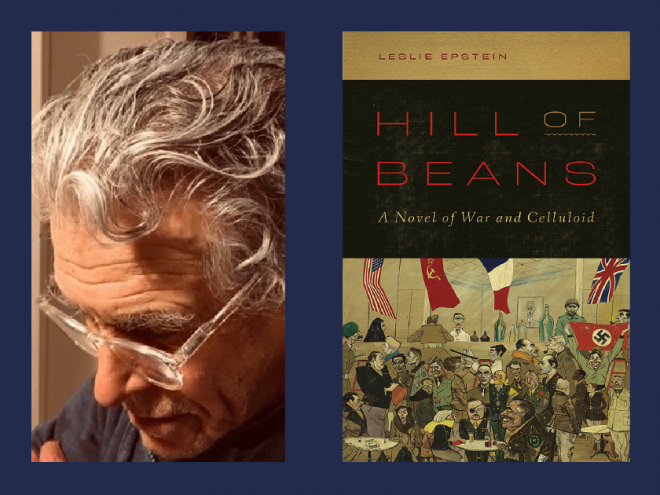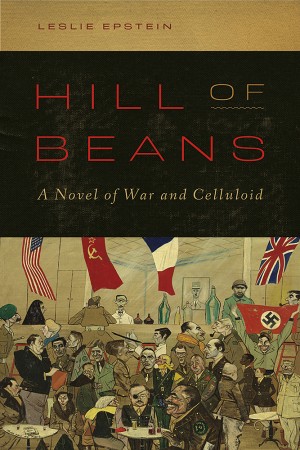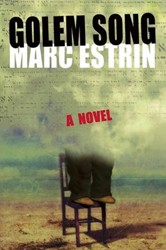The author has created a multi-layered novel that follows Maximilian Shabilian from 1936 until 2005, bouncing not only between three levels of narrative: the first person, the first person view from a notebook and the omniscient, but through several time periods. This at times becomes confusing and requires the reader to pay studious attention to the writer’s every word, nuance and transition.
The story begins with an aged Maximilian heading back to Rome in the company of his granddaughter. While it is all too apparent to the reader that he has had a stroke and feels pity for himself, nothing about his condition is spelled out specifically. He is heading to Rome for an award ceremony of some sort, and the airplane ride, which is the vehicle for telling the story through his memories, is filled with almost as much adventure and misadventure as the Italian years he tells us about. While the prose is written with a powerfully masterful hand, the story is hard to accept. The premise is that Benito Mussolini holds a contest to create the monument to celebrate his victory over Ethiopia, and one Amos Prince, an American architect of some renown joins the contest and wins it. At his side is his apprentice, Maximilian Shabilian.
Maximilian, a recent Yale graduate and a Jew, finds himself not only in the middle of Fascist Italy, but at the left hand of Mussolini himself. It is from his eyes that we follow the adventure, and in his hands rests the fate of everyone around him, from the renegade architect and his family (including his daughter, with whom Maximilian has fallen in love) to all the Jews of Italy.
This wildly fantastic story troubled me greatly, as it portrayed the Jews of Italy as a whining people who put Italy and Mussolini ahead of their own Jewishness. The Chief Rabbi of Rome, for example, appears to always be in hiding behind the skirt (or perhaps robes) of Pope Pius. And throughout, a love-sick Max is put into impossible situations and seems to be the only Jew in Italy who cares or tries to help his fellow Jews, even though he barely considers himself a Jew.
The Eighth Wonder of the World is populated by madmen, sycophantic women, egocentric and maniacally selfish humans, and is a dark look at the Italy of World War II and of the Germans and Italians who stood together to destroy so much of the world and the people within it. The Glossary of Characters should be read prior to beginning the novel.





